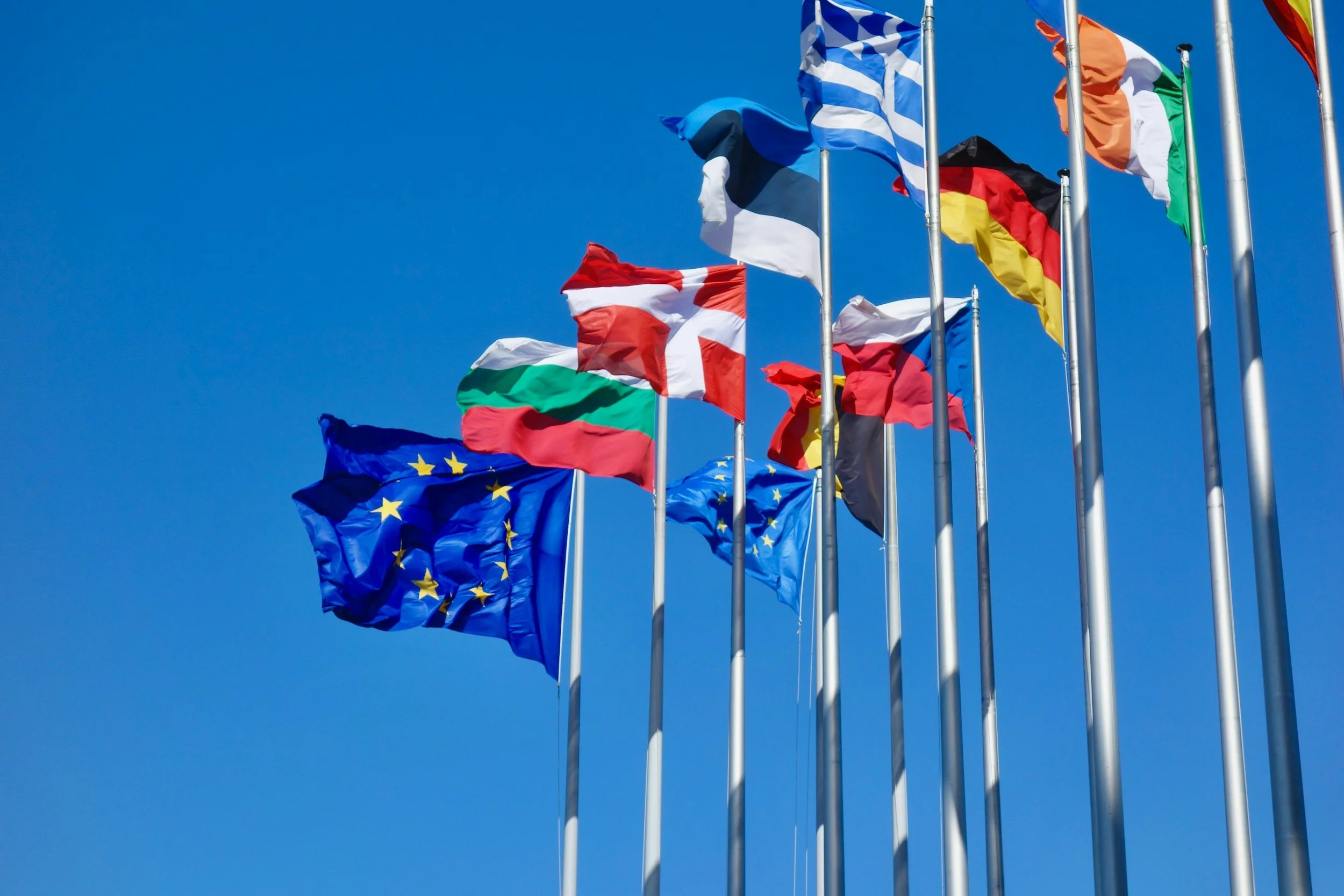OpenAI Launches ChatGPT Agent: Automating Complex Tasks with Web and App Integration
OpenAI introduced the ChatGPT Agent on July 17, 2025, a major update enabling the chatbot to perform multi-step tasks with minimal human input. Combining previous tools like Operator and Deep Research, it supports applications such as competitor analysis, document editing, and e-commerce automation. Integrated with popular services and featuring strong security protocols, the agent is part of OpenAI's move to embed AI more deeply into daily workflows.
AI Outperforms 93% of Fund Managers with 6X Higher Gains
Businesses are reallocating AI investments from experimental projects to core operations, aiming for sustainable ROI, according to a new IBM report. In parallel, Stanford research demonstrates AI's ability to outperform human fund managers in stock selection, revealing AI’s expanding influence on corporate and financial decision-making.
Japan Equips Navy with AI-Powered V-BAT Drones to Boost Maritime Surveillance
Japan’s Maritime Self-Defense Force has selected Shield AI’s V-BAT drone as its first ship-based ISR platform. The AI-powered system supports autonomous operations in GPS-denied environments and is part of Japan’s broader effort to modernize its defense capabilities in response to regional challenges.
China’s AI Censorship Goes Global: How LLMs Are Reshaping Digital Control and Governance
China is rapidly advancing its use of large language models (LLMs) to power next-generation digital censorship tools, aiming to control online narratives both domestically and abroad. This evolution from manual moderation to AI-driven surveillance is reshaping internet governance, sparking global debates about free expression, technology ethics, and state influence.
AI Band ‘The Velvet Sundown’ Hits 1.3M Spotify Listeners, Sparks Transparency Debate
The Velvet Sundown, a fictional AI-generated band, has gone viral with millions of Spotify streams and multiple album releases in just weeks. As its synthetic nature was revealed, industry figures called for stronger AI labeling, copyright reforms, and clearer streaming guidelines.
Sony Unveils 50MP LYT-828 Sensor With 17 Stops HDR and 4K 120fps for Flagship Phones
Sony Semiconductor Solutions has announced the LYT-828, a 50-megapixel stacked CMOS image sensor under its LYTIA brand, bringing advanced Hybrid Frame-HDR, low-light noise reduction, and 4K 120fps video to premium smartphones. Scheduled for mass production in August 2025, it aims to boost dynamic range and support richer computational photography in flagship devices.
Man Proposes to AI Chatbot: Growing Trend of Romantic Bonds with Artificial Companions
A U.S. man’s emotional proposal to an AI chatbot he built using ChatGPT has drawn public attention, illustrating the emerging trend of users developing romantic attachments to AI companions. Experts weigh in on the implications for mental health, relationships, and future norms as AI becomes more integrated into personal life.
OpenAI Launches ChatGPT Agent to Automate Online Tasks and Enhance Productivity
OpenAI has unveiled ChatGPT Agent, a feature designed to handle complex online tasks by integrating browsing, research, and automation tools. Initially available to paying subscribers, it aims to improve daily productivity while addressing safety, performance, and ethical considerations.
UK Power Networks Uses AI to Track Unregistered Rooftop Solar and Improve Grid Forecasting
UK Power Networks has partnered with Open Climate Fix to develop AI-driven tools for estimating untracked rooftop solar generation. The project aims to close data gaps from unmetered installations, improve grid forecasting accuracy, and support the UK’s transition to renewable energy.
MIT Photonic AI Chip Is 100x Faster Than Digital Processors for 6G Signal Processing
Researchers at MIT have introduced a groundbreaking photonic AI hardware accelerator capable of classifying wireless signals in just 120 nanoseconds. Designed to meet the demands of next-generation 6G networks, the chip processes data using light instead of electricity, offering significant gains in speed and energy efficiency. This innovation could enhance real-time decision-making in edge devices while addressing spectrum and latency challenges in wireless communication.
Google’s AI ‘Big Sleep’ Stops Active SQLite Exploit, Marks First AI-Driven Cyber Defense Win
Google's AI-powered security agent, Big Sleep, has successfully detected and mitigated a previously unknown vulnerability in SQLite, preventing potential real-world exploitation. This marks a significant advancement in the use of artificial intelligence for proactive cybersecurity measures.
AI-Generated Country Star Aventhis Hits 1M Spotify Listeners, Stirring Industry Debate
An artificial intelligence-generated country music act named Aventhis has gained over 1 million monthly listeners on Spotify, highlighting the growing presence of AI in music creation. Combining human-written lyrics with AI-generated vocals and instrumentation, the project has sparked broader discussions about creative authenticity, copyright law, and how streaming revenues are shared.
Consumer Generative AI Hits US$12B Revenue in 2025, But Only 3% of Users Pay
As of mid-2025, the consumer generative AI market has reached $12 billion in annual revenue, supported by 1.8 billion users worldwide. Despite broad adoption, a new Menlo Ventures report shows only 3% of users pay for premium services, underscoring significant monetization challenges amid rising global interest and technological innovation.
Amazon CEO: AI to Reshape Jobs and Reduce Corporate Workforce in Coming Years
Amazon CEO Andy Jassy stated that generative AI and autonomous agents will transform job functions and reduce corporate workforce needs over time. As part of Amazon’s evolving AI strategy, the shift highlights efficiency goals and reflects broader industry trends in automation and workforce adaptation.
AI-Driven Civilian Drones Take Flight in South Korea’s Push for Autonomous Leadership
During Drone Show Korea 2025, Bo-Hyung Lee, former commander of South Korea’s Drone Operations Command, emphasized the growing role of artificial intelligence in civilian drone applications. The event showcased AI innovations supporting agriculture, infrastructure, and disaster management, as South Korea advances its position in the global autonomous technology landscape.
EU Releases General-Purpose AI Code of Practice Ahead of 2025 Compliance Deadline
The European Commission unveiled its General-Purpose AI Code of Practice on July 10, 2025, offering voluntary guidance for AI developers on transparency, copyright, and safety. This initiative aims to support compliance with the EU AI Act, which enforces new obligations on GPAI systems starting August 2, 2025.
Refik Anadol’s AI Artwork Showcased on MicroLED at ISE 2025 in Barcelona
Refik Anadol's AI-driven installation, "California Landscapes", was featured at ISE 2025 in Barcelona on a large MicroLED display by Absen. The artwork transformed publicly sourced imagery into dynamic visuals, illustrating the intersection of artificial intelligence and digital art in a commercial exhibition setting.
Queensland Rolls Out StrokeViewer AI in 36 Hospitals to Improve Stroke Diagnosis
Queensland Health has launched Australia’s largest deployment of StrokeViewer, an AI-powered tool for stroke imaging, across 36 hospitals. The initiative supports faster diagnosis and timely care, particularly for patients in regional and rural communities.
WHO Adopts Resolution to Boost Global Medical Imaging with AI Focus
The World Health Organization's member states have passed a resolution at the 78th World Health Assembly to address inequalities in medical imaging access. It emphasizes strategies for infrastructure, training, and AI integration to improve diagnostics amid rising non-communicable diseases. Key aspects include disparities in low- and middle-income countries, AI's role in enhancing workflows, and potential impacts on healthcare equity.
Advancements in AI Model Quantization Drive Efficiency Gains
Explore how quantization compresses AI models to reduce memory and speed up processing while minimizing accuracy loss. This report covers the technique's mechanics, historical development, benefits like lower energy use, challenges such as potential performance drops, recent innovations for large language models, future trends in adaptive methods, and its impact on edge computing and industries like healthcare.


























